Dr. Seuss Replaced Taken Away Put Back Again
Skip to headerSkip to primary contentSkip to footer
Why the Dr. Seuss 'counterfoil' is chilling
If these transgressions can get an writer moved to the "problematic" listing, who and what volition escape the purges?
The latest culture-war battle is raging around "Dr. Seuss," the American children'south writer and artist whose whimsical and warm-hearted work has won him a global post-obit. On March 2, Dr. Seuss Enterprises, which licenses and publishes his books, appear that it is dropping vi of the 60-plus titles because of "hurtful" racial stereotypes. This has been met with an outcry about "cancel civilisation" and book-banning from conservatives as well as some centrists and liberals worried about "politically correct" excesses. Others counter that there is no "cancellation," just a corporate conclusion to stop reprinting books that are jarringly dated due to evolving cultural attitudes (and that will remain widely available even without new editions).
As often happens, each side has a signal.
At that place is nada new near revising or even shelving published works in deference to concerns near racism and other bigotries. Nor is at that place annihilation wrong with information technology. In Victorian England, hardly a bastion of political correctness, Charles Dickens inverse some language in reprints of Oliver Twist to cutting downwardly on references to the villainous Fagin as "the Jew" after a correspondence with a Jewish woman who criticized him for feeding anti-Semitic prejudice. In the 20th Century, a 1939 Agatha Christie novel whose original title is now unspeakable in polite society was reissued just a few years later as Ten Picayune Indians (And Then There Were None in the United States); the children's counting rhyme on which the championship was based was also changed in the text. In Roald Dahl's 1964 classic Charlie and the Chocolate Factory, the Oompa-Loompas working at Willy Wonka's factory were originally African pygmies. Just a few years later, controversy erupted; Dahl ended up agreeing with his critics and replaced the Black workers with pink and gilded-haired "dwarvish hippies."
There is picayune question that many depictions of racial, ethnic, or religious minorities in books or films from past eras are now unpalatable, with practiced reason. The same goes for portrayals of women and gays.
And yet there are valid reasons to see the publisher's withdrawal of those 6 Dr. Seuss books as a worrying sign.
For one, the conclusion comes in tandem with other moves intended to demote Dr. Seuss (Theodor Seuss Geisel) from his iconic status. On the same day, President Biden omitted any mention of Dr. Seuss from his official proclamation to marker Read Across America Twenty-four hours, breaking a tradition started by Barack Obama. The event, first established by the National Education Association in 1998, has always honored Dr. Seuss: His altogether was picked as its engagement. At present, the NEA says that Read Across America is no longer affiliated with Dr. Seuss Enterprises, and at to the lowest degree i schoolhouse commune in Virginia has been instructing schools to downplay the mean solar day's connectedness to Dr. Seuss considering of "strong racial undertones" plant in his work.
What's more, the critique of those "racial undertones" has been ofttimes tendentious to the point of distortion. Thus, a CNN article asserts that Geisel, who was also a political cartoonist, "had a long history of publishing racist and anti-Semitic work, spanning back to the 1920s when he was a student at Dartmouth College. At that place, Dr. Seuss one time drew Blackness boxers as gorillas and perpetuated Jewish stereotypes by portraying Jewish characters as financially stingy." No mention is made of the fact that by the 1940s, the cartoonist had emerged as an outspoken foe of anti-Semitism — a stance that would later earn him the title of "honorary Jew," bestowed by Jerusalem mayor Teddy Kollek in 1969 — and of anti-Black racism. A 1942 drawing skewered racial discrimination in U.S. state of war industries: An archway for "Negro chore-hunters" is shown leading to an impenetrable maze.
Regrettably, many of Dr. Seuss' wartime cartoons also featured the blatant anti-Japanese racism that was a staple of U.S. state of war propaganda. Notwithstanding in later years, his children'due south books oft served as parables denouncing racial prejudice and xenophobia. Horton Hears a Who, written after a visit to Japan, famously declared, "A person's a person, no affair how small-scale," and was dedicated to a Japanese friend, Mitsugi Nakamura.
To erase this complicated history really does smack of "cancellation."
No less agonizing, much of the current pushback against Dr. Seuss is based on a 2019 paper by Katie Ishizuka and Ramón Stephens that consistently interprets his piece of work in the most negative light and peddles extreme ideological dogma. Take Dr. Seuss'southward 1961 book The Sneetches, which has been widely praised for its anti-racist message: Birdlike creatures with stars on their bellies scorn and bully their plainly-bellied cousins until a wily salesman brings a device that tin add together or remove stars, and all the sneetches alter so many times they get thoroughly mixed upwardly and make up one's mind to treat anybody as. But Ishizuka and Stephens assail the verse form every bit insidious because it teaches that color shouldn't matter. Echoing Kansas Country Academy scholar Philip Nel, they besides read a sinister racist subtext into The True cat in the Hat: The magical true cat supposedly resembles images from Black minstrelsy and exists only to entertain ii white children.
If such takedowns can get an author moved to the "problematic" list, who and what will escape the purges? Some who support the withdrawal of the vi Dr. Seuss books argue that fifty-fifty subtle racism must exist "exorcised" from our cultural legacy, especially works intended for children. But if the exorcism targets racial codes and so subtle that they are invisible or innocuous to the naked eye (a black-and-white cat wearing white gloves represents racist minstrelsy?), information technology could practice much more harm than practiced, fostering both paranoia and backlash. And imagine how much art and literature will have to be junked if we e'er apply the same magnifying lens to gender stereotypes.
Nor is it articulate that, as Boston World writer Ty Burr suggests, the withdrawn books will still be available in libraries and on websites similar Amazon: one time a piece of work has been stigmatized equally "harmful," libraries volition undoubtedly come up under pressure level to remove information technology, and Amazon sometimes drops books it considers offensive.
The reply isn't that anything goes; it'southward that we tin use common sense to distinguish between old texts or images that degrade or dehumanize members of a group and ones that reflect dated simply non-malignant stereotyping. Amongst the canceled Dr. Seuss books, for example, If I Ran the Zoo really does contain some shockingly racist iconography of Africans equally thick-lipped, potbellied, half-naked savages in grass skirts. On the other hand, the supposedly racist depiction of a Chinese homo in To Think That I Saw It on Mulberry Street involves an actual costume worn in parts of China at the time the book was published (1937), a bowl of rice, and chopsticks. (The original edition too gave the man bright yellow pare and a pigtail and referred to him as a "Chinaman," just Dr. Seuss himself later fabricated changes.) Mildly stereotypical? Sure, but much the same way as, say, the depiction of a Jewish human being wearing a yarmulke and eating a bagel or a Scotsman playing bagpipes in a kilt. Many Asian-Americans have said they don't observe the pic offensive, and effectively purging the book from the Dr. Seuss catechism because of it seems excessive.
Should children's literature suit to a more racially and ethnically diverse, more gender-equal society? Of course. But the way to exercise that is to add new classics, not discard former ones. Given the speed of cultural shifts today, people are correct to worry about harsh and unforgiving judgments of dated attitudes. And when a writer who cheers the Dr. Seuss "counterfoil" warns that "nosotros volition accept to get rid of other things, too," nosotros are correct to experience a chill.
Recommended
Finnish government to propose NATO membership to parliament

Finnish regime to advise NATO membership to parliament
3 GOP states sue Biden administration over finish of Title 42

3 GOP states sue Biden administration over stop of Title 42
What's 'training' got to do with it?
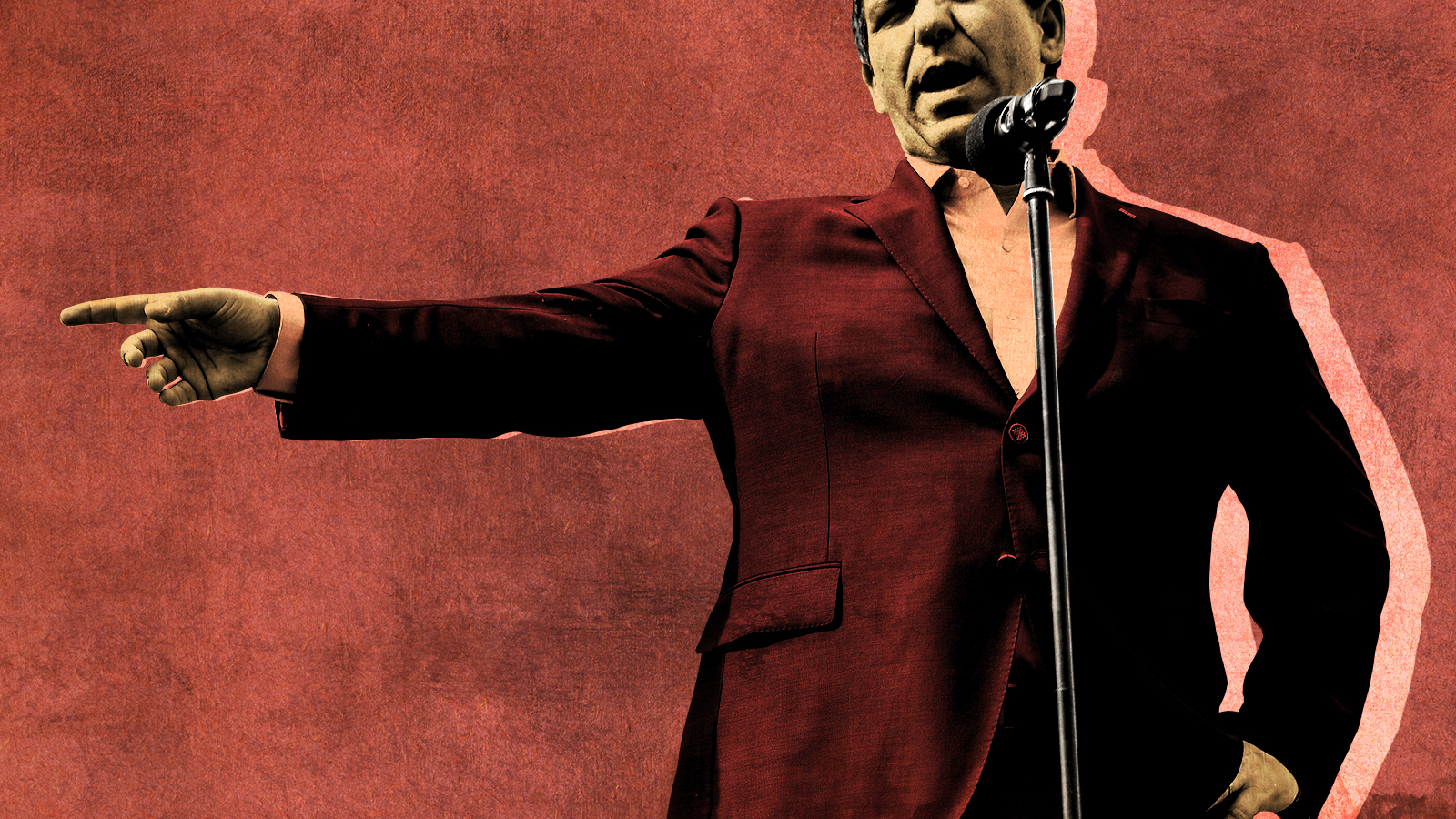
What's 'grooming' got to practice with it?
Trump's Truth Social is the 36th most popular social networking app
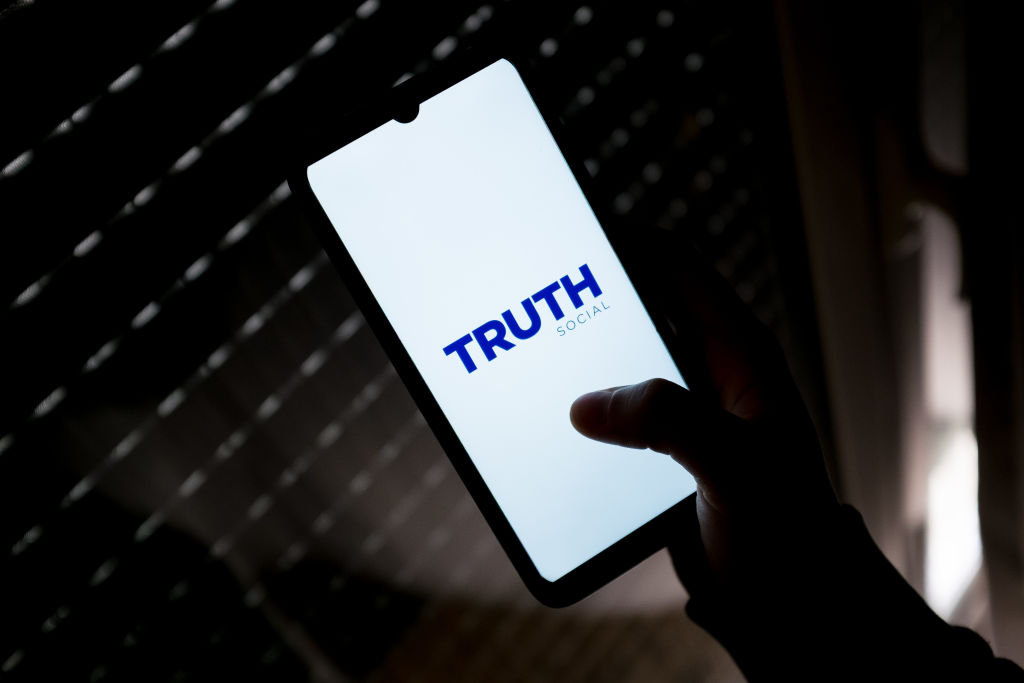
Trump's Truth Social is the 36th most popular social networking app
About Popular
vii toons nigh Volition Smith'south Oscars slap

seven toons about Volition Smith'south Oscars slap
Russia threatens to end cooperation at ISS unless 'illegal sanctions' are lifted

Russia threatens to end cooperation at ISS unless 'illegal sanctions' are lifted
How did Russia's oligarchs get so powerful?

How did Russia'southward oligarchs become then powerful?
Skip to headerSkip to master contentSkip to footer
ellisonanithfultans.blogspot.com
Source: https://theweek.com/articles/969971/why-dr-seuss-cancellation-chilling

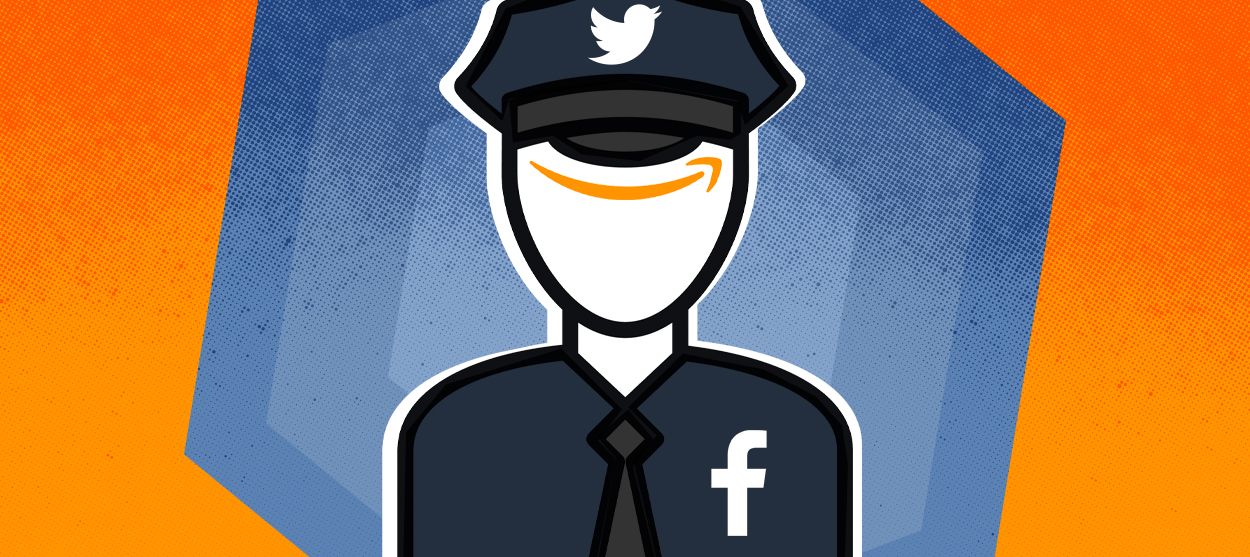
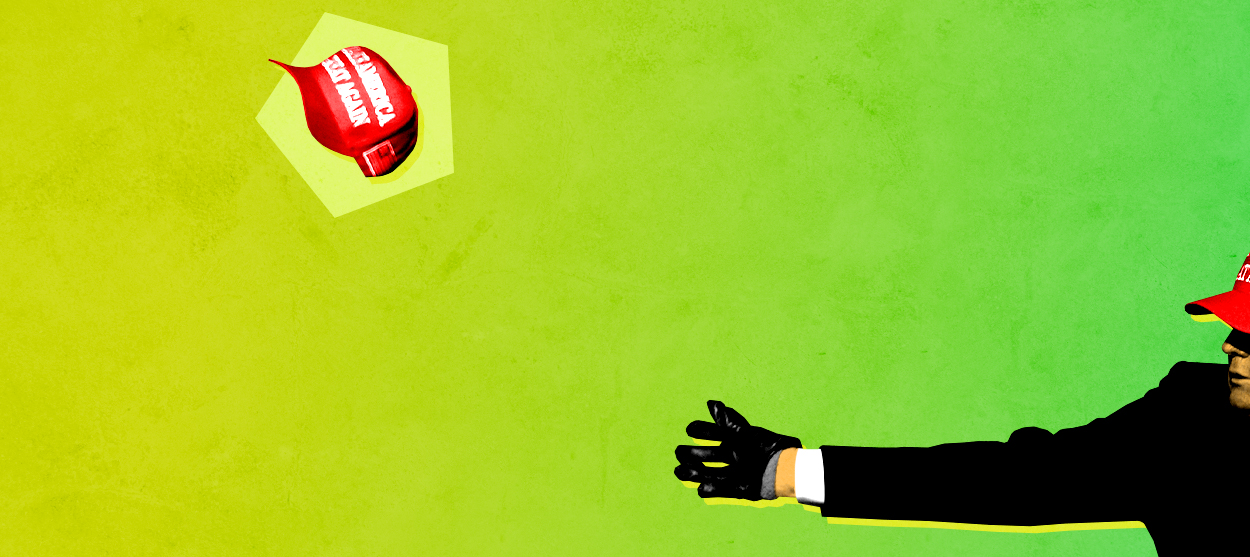
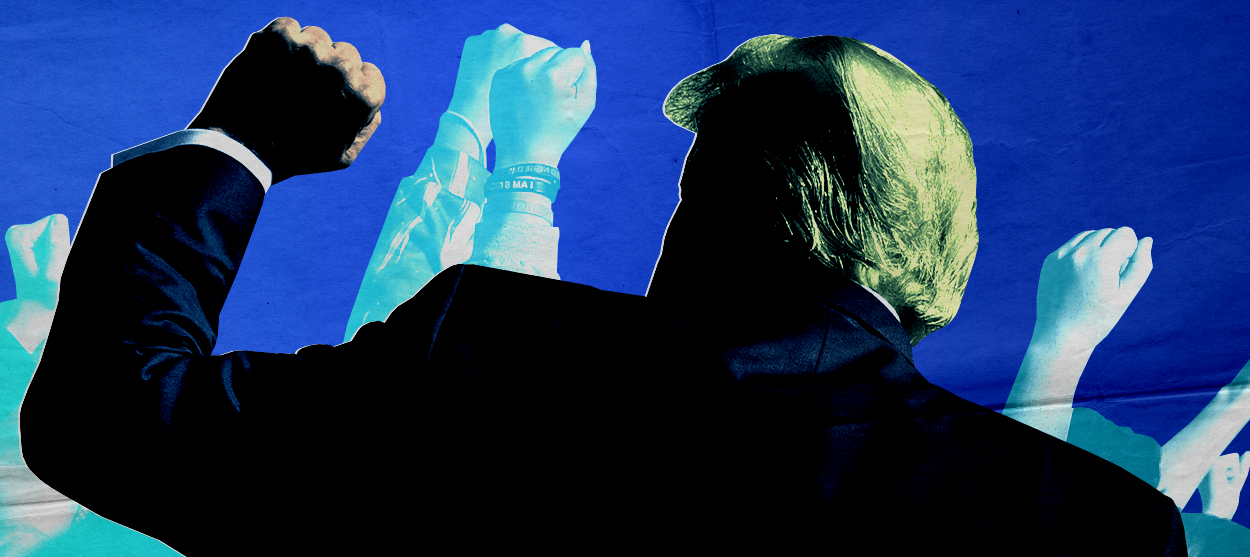

0 Response to "Dr. Seuss Replaced Taken Away Put Back Again"
Post a Comment